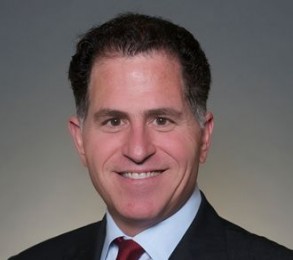 Dell is set to go public by the end of the year after rejecting a plan to merge with subsidiary VMware.
Dell is set to go public by the end of the year after rejecting a plan to merge with subsidiary VMware.
The vendor has announced plans to buy out holders of publicly listed DVMT stock – tracking stock that reflects the performance of VMware – using a mix of Dell stocks and cash. Dell has stressed that VMware itself is expected to be unaffected.
“VMware maintains its independence as a separate publicly traded company while Dell Technologies will continue to own 81 percent of VMware common stock”, said Dell in a statement.
This contradicts statements from Dell’s CEO and founder, who has often spoken publicly about the benefits the vendor reaped from going private in 2013. At the time, the deal cost Michael Dell and private equity house Silver Lake Partners $24.9 billion.
Since going private, Dell has invested heavily in expanding its business selling hardware, software, and services for data centres. In 2016, it paid a record-breaking $67 billion for the storage hardware giant EMC, including EMC’s stakes in business software companies VMware and Pivotal, which will remain independent. In filings with the Securities and Exchange Commission, Dell now describes itself as “a strategically aligned family of businesses”. One thing hasn’t changed: Founder and CEO Michael Dell owns a controlling stake in the company.
During a conference call, Dell CFO Tom Sweet said the deal will simplify the company’s ownership structure and “enable Dell Technologies to grow into an even stronger company”.
Dell is going public in a relatively strong position, says Craig Lowery, a research director at the industry analysis firm Gartner and former Dell executive. But there’s a good chance it won’t be in such a strong position in the future as cloud computing eats into its data centre business.





